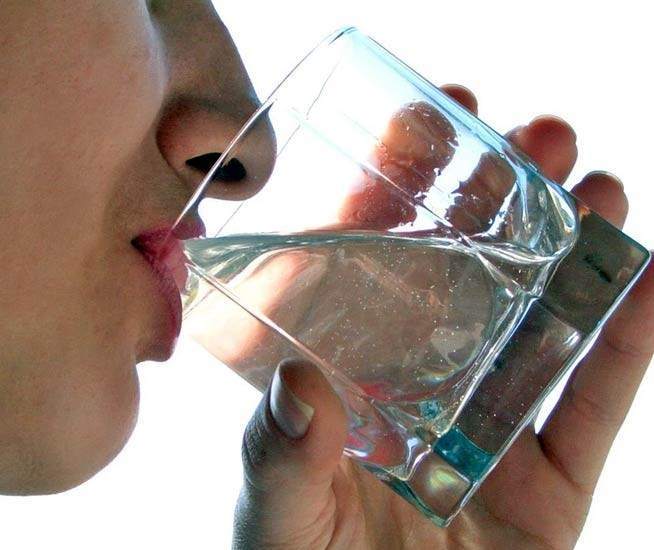Water used for domestic and industrial purposes should undergo proper treatment, depending on what it is intended for. A contaminated drinking water, for example, may cause gastrointestinal and stomach illnesses, which may lead to various diseases, including diarrhea, cholera, typhoid, polio, and dysentery. This may lead to severe sickness or in worst cases, even death. In fact, according to the World Health Organization (WHO), contaminated drinking water has approximately caused over 500,000 diarrheal deaths yearly.
A wide range of water problems can occur in both domestic and industrial places. Some of the most common include the following:
- Presence of suspended or colloidal solids in surface waters (e.g.: rivers, lakes, and oceans) in the form of dirt, dust, or decayed vegetation. – Experts recommend integrating a robust chemical addition system with a slightly overdesigned clarifier or the use of ultrafiltration (UF) to minimize the amount of material in the feed water.
- Bacteria in raw water feed – Gravity clarification followed by an oxidizing agent such as chlorine or peroxide.
- Hard water caused by calcium (limestone) and magnesium salts which can coat equipment fixtures, plug pipes and scaling equipment, and even cause sludge in the washing machine – Use of cold or warm lime process addition to precipitate and lessen the hardness. Water softeners are used extensively both in homes and for industrial purposes. Another alternative is reverse osmosis.
- Odor in water is caused by many factors, including organic matter, excessive chlorination, presence of sulfate reducing bacteria, septic discharge seepage, leak in fuel oil tank, and industrial waste.
Most of the time, activated carbon filter and/or chlorination and de-chlorination can be used to treat water odor. For naturally occurring smell that is caused by decaying organics, experts suggest aeration system and repumping.
Wherever you are getting your supply of water, there is always that risk of facing water problems. Before buying any water treatment system, make sure that you have already performed the necessary water analysis. Talk to an expert and find out the water treatment you need for your specific water quality problems.


Comments are closed.